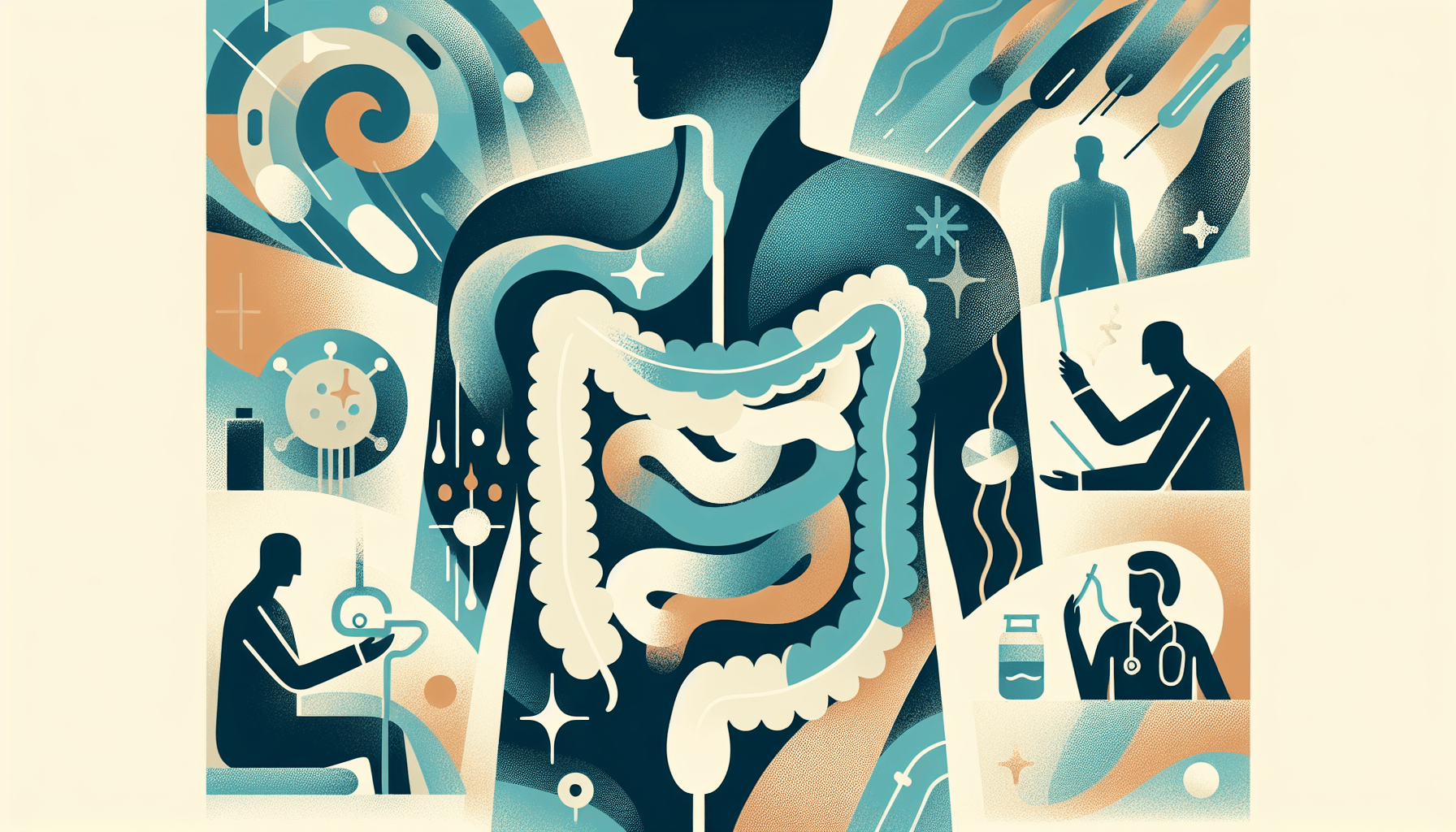Ulcerative colitis is a chronic inflammatory bowel disease that affects the colon and rectum. While there is no cure for ulcerative colitis, various treatment options can help manage symptoms and improve quality of life. These treatments include medications, dietary changes, and surgery.
Medications for Ulcerative Colitis
Several types of medications can be used to reduce inflammation in the bowel and manage symptoms of ulcerative colitis. These include:
5-aminosalicylic acid (5-ASA) drugs, such as balsalazide, mesalamine, olsalazine, and sulfasalazine
Corticosteroids, which are used for short periods to help achieve remission
Immunosuppressants, such as 6-mercaptopurine (6-MP), azathioprine, cyclosporine, and tacrolimus
Biologics, including adalimumab, certolizumab pegol, golimumab, infliximab, ustekinumab, and vedolizumab
Janus kinase inhibitors (JAK inhibitors), such as tofacitinib
Sphingosine 1-phosphate (S1P) receptor modulators, like ozanimod
Diet Changes for Ulcerative Colitis
While food does not cause ulcerative colitis, certain foods may trigger symptoms when the disease is active. Your doctor may recommend dietary changes based on your specific symptoms, as well as suggest vitamins or nutritional supplements to ensure you are getting the necessary nutrients.
Surgery for Ulcerative Colitis
In some cases, surgery may be necessary to remove part or all of the colon. This is typically recommended when medications are not effective, symptoms worsen, or serious complications arise. Surgical options include:
Colectomy with stoma creation, where the entire colon is removed and waste is collected in an external pouch
Ileal pouch anal anastomosis (IPAA), where the colon and rectum are removed and a new rectum is created using the small intestine
Continent ileostomy (Kock pouch), where an internal reservoir is created from the small intestine and connected to the skin with a nipple valve
It is important to discuss the risks and benefits of surgery with your doctor and consider seeking a second opinion to ensure you choose the best option for your individual case.
When to Call Your Doctor
Contact your doctor immediately if you experience any of the following symptoms:
Heavy, persistent diarrhea
Rectal bleeding with clots of blood in your stool
Constant pain and a high fever
Complementary Treatments and Therapies
In addition to the treatments prescribed by your doctor, you may consider complementary approaches such as mind-body therapies, vitamins, and supplements. However, it is crucial to discuss these options with your medical team, as some supplements can interfere with prescribed treatments.
Some complementary therapies that may be helpful include:
Mind-body relaxation techniques, such as yoga, meditation, and gut-centered hypnotherapy
Cognitive behavioral therapy and patient support groups
Fish oil supplements, which contain omega-3 fatty acids that may help reduce inflammation
Turmeric, a spice containing curcumin that may have anti-inflammatory properties
Probiotics, which are beneficial bacteria that can help maintain a healthy gut balance
Remember, while these complementary therapies may be helpful, it is essential to work closely with your doctor to develop a comprehensive treatment plan that addresses your specific needs and helps you manage your ulcerative colitis symptoms effectively.
For more information on ulcerative colitis treatment, visit:
The Bottom Line
Treatment success depends on finding the right combination of medications and lifestyle modifications tailored to disease severity and individual response. Most patients achieve long-term remission with proper management, though it may take several medication adjustments to find what works best. If you're experiencing persistent bloody diarrhea or abdominal cramping, Doctronic can help you understand your symptoms and treatment options quickly.


